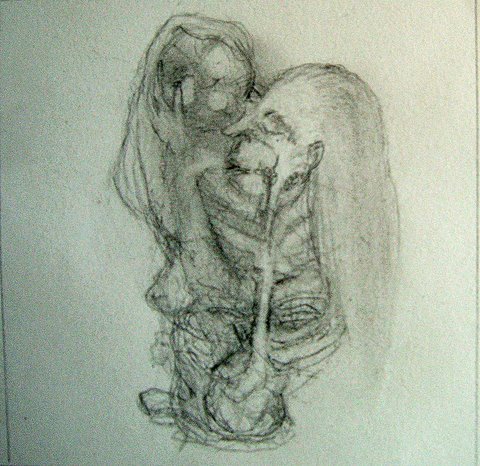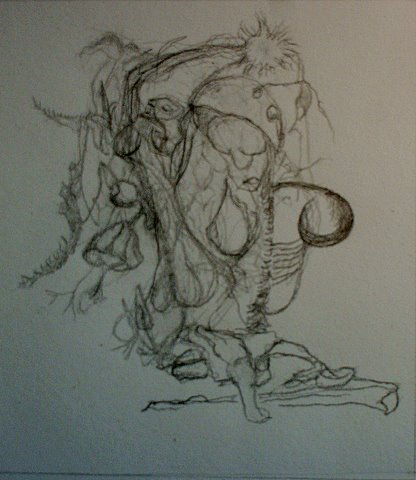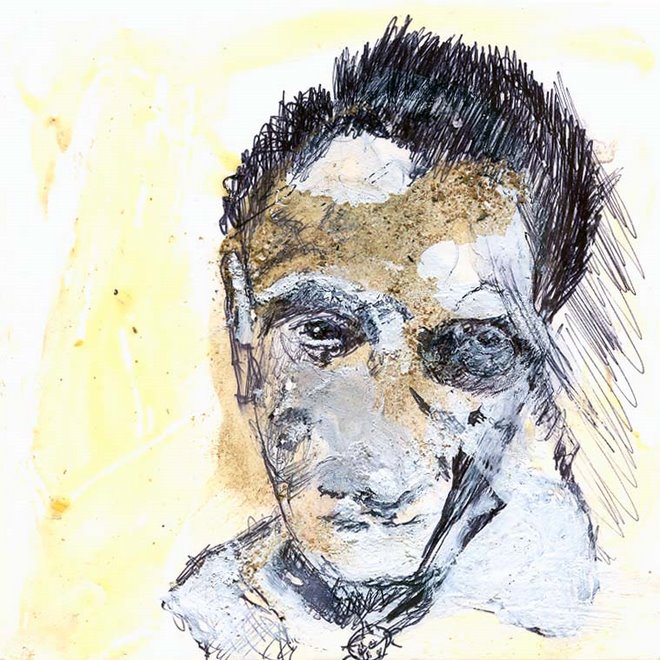I begin with a return. To a certain musical territory. Sept.17.06, Berlin
Muslim Gauze Revisited
In the caustic feedback washes of a magical recording machine the memory of humanity beats its hands against the tightened skins of animals it has slain and eaten in order to contain its overactive brain growing mosques and churches and cities (ever outward and ever inward) until something snaps and the house of cards wins our hand. Why are these recording so alive? When the Cold War had yet to be graced by Gorbachev’s beauty mark there was a militant Islam that in a way must have convinced us Godless whining leftists, of, for example, the struggles of the Palestinian people. All the Sufism pressed against the Wahabism (and its repressed necromancy) does not seem to achieve any longer the balance between the fear of apocalypse and the communal celebration of the fall of the oppressive State that might allow us to enjoy the risk of what this music means. What is revealed in this enthusiastic slapping, this slap-back again, this agglomerated cacophony of ordered devotions to the empty resonance of a feeding trough struck by sticks, this calamity of cowbells, mangled sarods and stampeded subwoofers ? Once cut into a rotatable dish of petroleum by-product, or spooled around one of those infinite cassette releases Bryn Jones made in the 80’s, it is now mathematical measures of data lightly lasered into a small discs then only nerdly imaginations. The recording however is a monument not to “music” but to the ability to remember and situate an entire paradigm shift away from a liberationist oppositional culture carried over into to a disenchanted orientalizing package presentation of the current moment. The Thatcherism of those days has only morphed into the role-playing of the self-deputized people-duping protection of illusory democratic freedoms that, pitched in a battle against the shadows of Islam—not the careful study and analysis of its internal laws---has only been able to rend open the crisis in the concept of the Law once again. Not only Kafka’s but that of the Enlightenment which did rather worry itself about the internal as well as the external apparatus of control. It is really only in the torn space between shari’a and the “rights of man” (read: the disastrous results of Global Corporatism) that this music is at all dance-able. It is within a more absolute post-modern “condition” that Levinas’ observation is true: “when I dance my mind stands in one place”. That was not always the case, however. This music reminds me the mind danced once widely filled with ecstatic hope for a tomorrow of abolished sorrows.
Wednesday, January 24, 2007
Subscribe to:
Comments (Atom)







